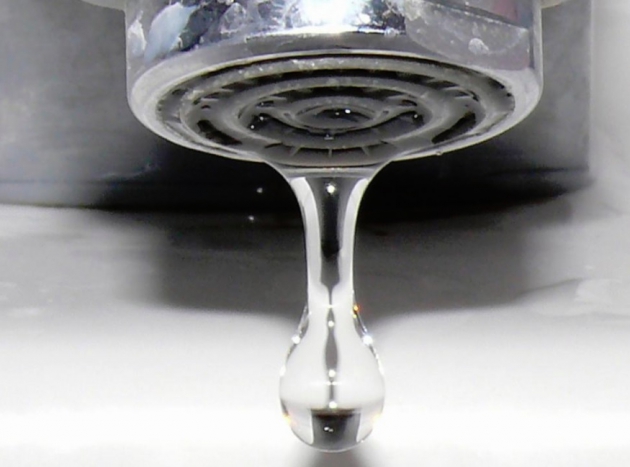With more than 30 years’ experience in the residential and commercial water treatment space, Mark Nelson is a Class 1 Drinking-Water Operator and a CBWA (Canadian Bottled Water Association) Certified Plant Operator. As founder and president of Nelson Water in Ottawa, Mark focuses on dealing with challenging water treatment system designs for problem water. He also heads the largest water bottling plant in the city of Ottawa with a delivery network throughout the Valley.
A water softener is a great way to make your water softer and easier to use in your home. Over time the water softener may become less effective or even stop working entirely. Like any piece of equipment; a water softener will need some occasional maintenance to ensure that it’s working as the manufacturer intended. If you suspect that your system is no longer working, here are three signs that could confirm your suspicions.
- Noticing Hard Water Spots
When you have softened water for your home, the last thing that you would expect to see are hard water spots on your shower door. This is a sure sign that you have a mineral and scale buildup that needs to be corrected. This could be caused by incorrect settings on your water softener, and they will need to be adjusted. The water softener may need a service to make sure that the equipment is working correctly. In both of these cases, a local water treatment professional will be able to help you get your system working again.
- The Water Doesn’t Feel Soft Anymore
Most people with a water softener in their home, quickly get used to the softer water and how it affects their lives. When the water loses its softer properties, this may be immediately noticeable in a number of different ways. Perhaps your skin feels dry or itchy after showering, or maybe it’s getting harder to get soap suds to form. The first thing that you need to check is the level of salt in your brine tank. A lack of water softening performance can often be improved by topping up the salt to the recommended levels. If there is enough salt in the system, this is an indicator that you need to call out a professional. The equipment may need to be serviced or repaired to get the system working again.
- The Water Quality or Pressure Has Changed
Some people may notice a sudden reduction in water pressure throughout their home. Others may experience a change in their water quality; this may include staining in shower stalls and bathtubs. These are both possible signs that the water softener is not working effectively and a local water treatment professional should be contacted. The system should be serviced annually to ensure that it’s operating at optimal efficiency.
The Importance of Annual Servicing
Many of these issues can be avoided with a simple and cost effective annual service visit. A water treatment professional will be able to make sure that your valve is working, your settings are optimized for your home and that your system is closely matched to your water treatment needs. Softened water is great for our daily needs, but it’s important to remember the other less obvious benefits. Water using appliances are at risk from hard water, they become less effective and consume more energy. These same appliances are also more prone to failure, leading to expensive repairs and even premature failure.

